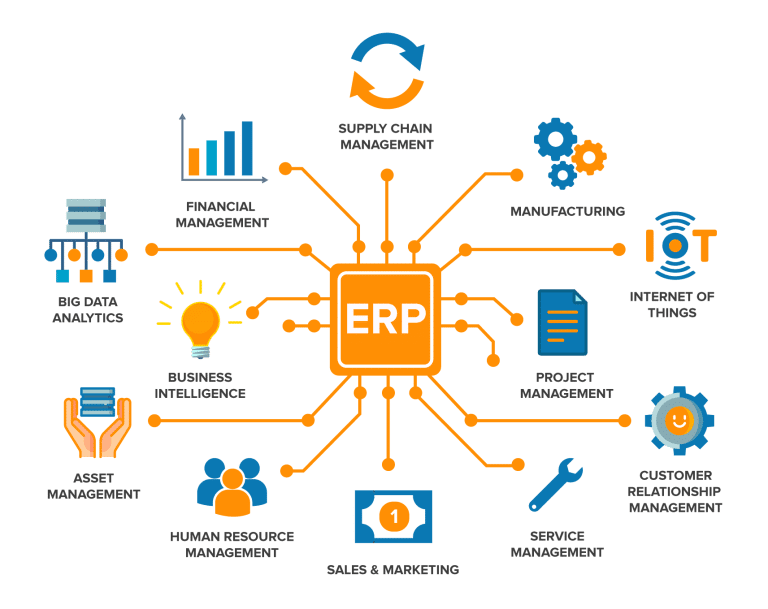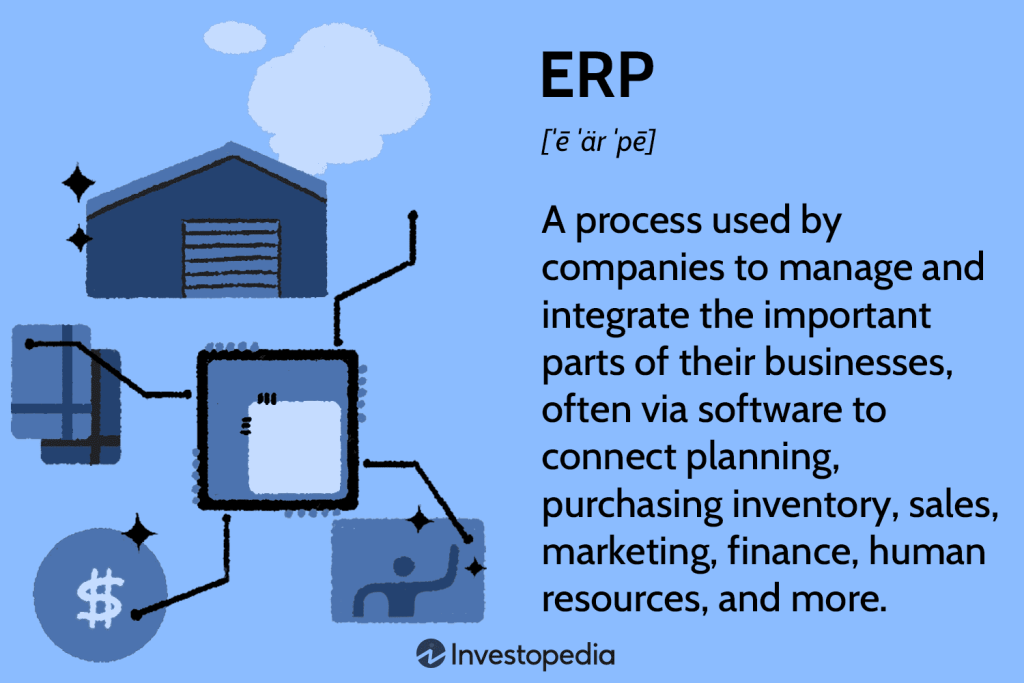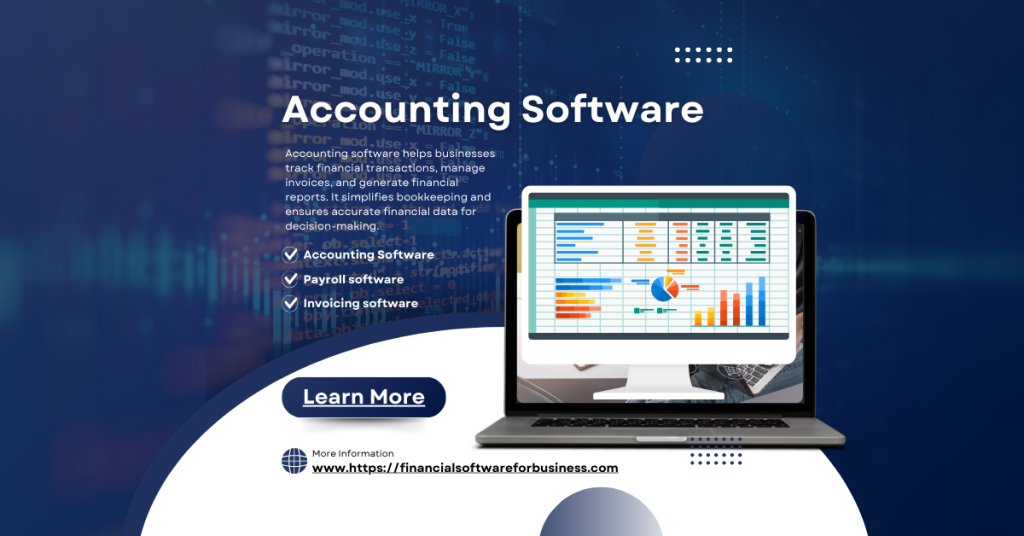ERP stands for Enterprise Resource Planning. It is a type of software used by businesses to manage daily activities.
In today’s fast-paced business world, having the right tools is crucial. ERP software helps companies streamline operations, making processes more efficient and effective. From inventory management to human resources, ERP integrates various functions into one system. This allows for better data management and improved decision-making.
Whether you’re a small business or a large corporation, ERP software can be a valuable asset. Understanding what ERP stands for and its benefits can help you decide if it’s the right tool for your business. Stay with us as we delve deeper into the world of ERP software and its advantages.
Credit: precisebusiness.com
Introduction To Erp Software
ERP stands for Enterprise Resource Planning. It is a type of software. Businesses use it to manage daily activities. These activities include accounting, procurement, project management, and supply chain operations. ERP software integrates these processes into a single system. It helps in smooth information flow. This leads to better decision-making. Many businesses rely on ERP software for efficiency and accuracy.
ERP software plays a crucial role in businesses. It helps in reducing costs. It improves productivity by automating tasks. It provides real-time data. This helps in quick decision-making. Businesses can track and manage resources better. It also helps in improving customer satisfaction. With ERP, businesses can grow and succeed.
Key Features Of Erp Systems
ERP systems have integrated modules. These modules work together. They share information. This makes work easier. It saves time. You don’t need to enter data twice. This reduces mistakes. Each part of the business can see the same data. This helps in making better decisions. It improves teamwork.
ERP systems give real-time data. This data is up to date. You can see it anytime. You can trust the data. It helps in quick decisions. You can track orders. You can see inventory levels. You can manage finances. This makes the business run smoothly.
Benefits Of Implementing Erp
ERP software helps in automating tasks. It makes work faster and more accurate. Employees can do their jobs better. No need to do the same task twice. This saves time and energy.
Sharing information is easy with ERP. Everyone can see the same data. This means fewer mistakes. Decisions are made quickly. Workflows become smooth.
ERP reduces operational costs. It cuts down on manual work. Less paper is used. Less time is wasted. Inventory is managed better. No more overstocking or shortages.
ERP helps in finding best deals. You can compare prices easily. This saves money on purchases. Maintenance costs go down too. Machines and tools last longer with proper care.
Types Of Erp Software
On-Premise ERP software is installed on your company’s own servers. It provides greater control over data and systems. You need to maintain the hardware and software. This type can be more secure since data stays in-house. But, it often requires a larger upfront investment.
Cloud-Based ERP is hosted on the vendor’s servers. You access it through the internet. This type requires less upfront cost. Updates and maintenance are handled by the vendor. It offers scalability and can be accessed from anywhere. But, it may involve ongoing subscription fees.
Choosing The Right Erp System
Understand your business goals. What do you want to achieve? Identify key processes. List down areas to improve. Talk to your team. Get their input. Look at current systems. What works well? What does not? Think about future growth. Will the system scale? Ensure integration with other tools. Check for industry-specific features. Budget is also important. Set a clear budget.
Research different vendors. Look at their history. How long have they been around? Read reviews. What do others say? Request demos. See the software in action. Check customer support. Is it good? Ask about training options. Will they help your team learn? Look at the contract terms. Are they fair? Compare costs. Remember, the cheapest may not be the best. Choose a vendor that fits your needs.
Challenges In Erp Implementation
Many businesses face issues during ERP implementation. One major problem is lack of planning. Without a clear plan, the process can fail. Another common issue is underestimating costs. ERP systems can be expensive. It’s important to budget properly. Inadequate training is also a big challenge. Employees need to know how to use the new system. Otherwise, productivity may drop. Data migration can be tricky too. Moving data from old systems can cause errors. It’s crucial to double-check all data.
Change can be hard for many employees. Some may resist the new system. Clear communication can help. Explain the benefits of the ERP system. Show how it makes their jobs easier. Involving employees in the process can reduce resistance. Let them share their input. Providing support is also key. Offer help and resources. Make sure they know they are not alone.
Erp Trends And Innovations
ERP systems now use AI and Machine Learning. These tools help in predicting future needs. They also make processes faster. AI can find patterns in data. This helps in making better decisions.
Mobile accessibility in ERP systems is growing. Users can access data on phones. This makes work easier. Tasks can be done anywhere. It helps in real-time updates. This trend improves productivity.

Credit: www.facebook.com
Case Studies Of Successful Erp Integration
ERP software helps manufacturing businesses. It improves production planning and inventory control. A large factory used ERP to reduce waste. They saved money and time. Workers had better tools to do their jobs. The system made everything run smoothly. Orders were completed faster. Customers were happier.
Retail stores need to keep track of products. ERP systems help manage stock levels and sales data. A big store chain used ERP to check inventory easily. They knew what items were popular. They could order more quickly. This meant less waiting for customers. Sales went up. Staff had clear tasks. The store ran better.
Future Of Erp Software
ERP software is growing fast. Future ERP systems will use AI to make smarter choices. Cloud-based ERP will be common. This means more flexibility and access from anywhere. Mobile ERP apps will help people work on the go. Integration with other tools will get better. This will make work smoother. Custom ERP solutions will fit each business’s needs. Security features will be stronger to keep data safe.
ERP software will help businesses run smoothly. Faster processes mean saving time and money. Better data helps in making smart choices. Real-time info helps in quick action. This leads to better customer service. Automation of tasks will free up workers for important jobs. Businesses will grow more easily with ERP. Stronger security means safer data for everyone.

Credit: www.brightpearl.com
Conclusion
ERP software stands for Enterprise Resource Planning. It integrates various business processes. This integration improves efficiency and decision-making. Businesses of all sizes benefit from ERP systems. They streamline operations and reduce costs. Understanding ERP helps in choosing the right solution.
Implementing ERP can transform how businesses operate. It’s vital for future growth and success. Consider ERP software to enhance your business operations. Make sure to select a solution that fits your needs. Investing in ERP software is a smart move.
It pays off in the long run.


